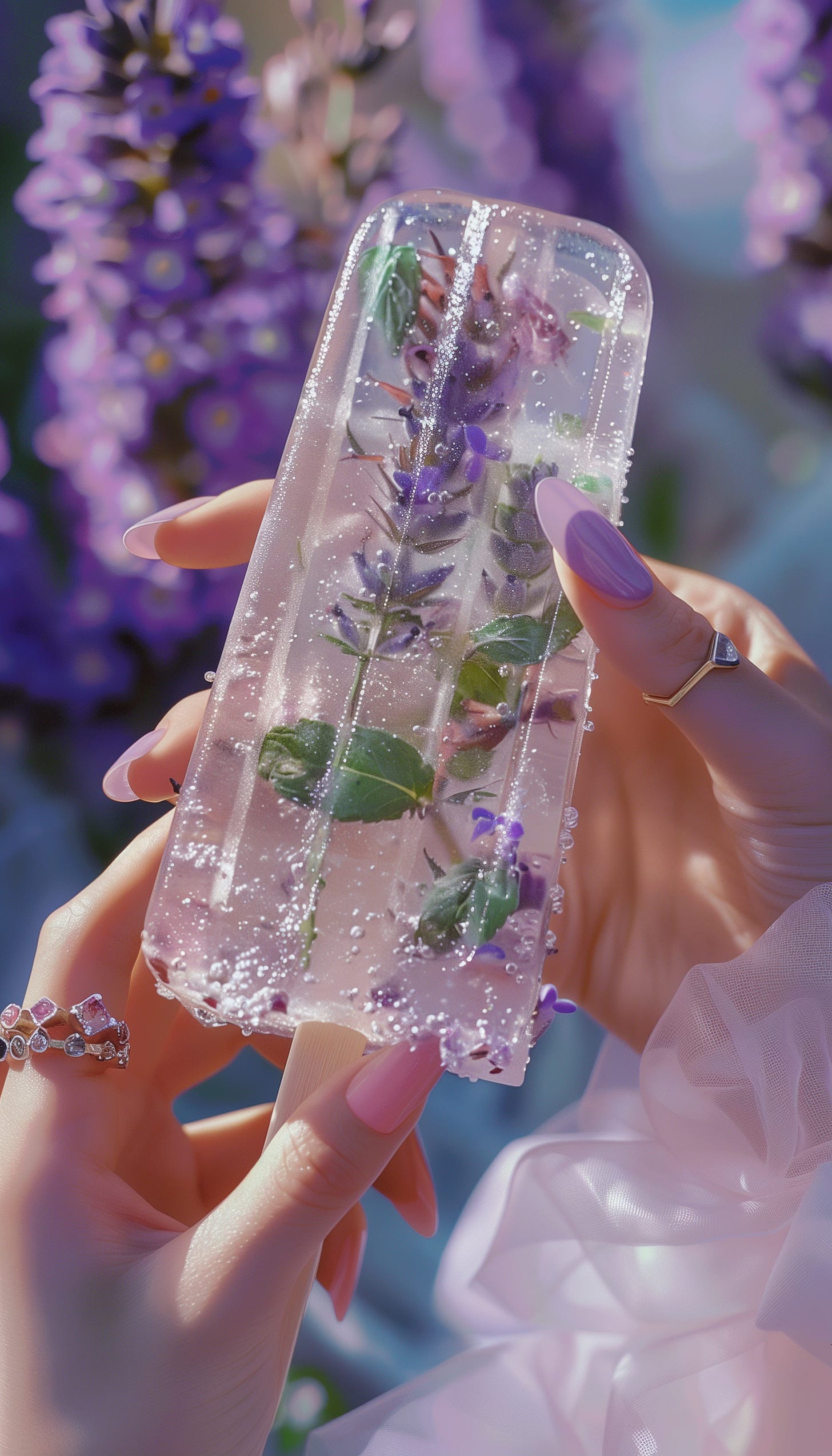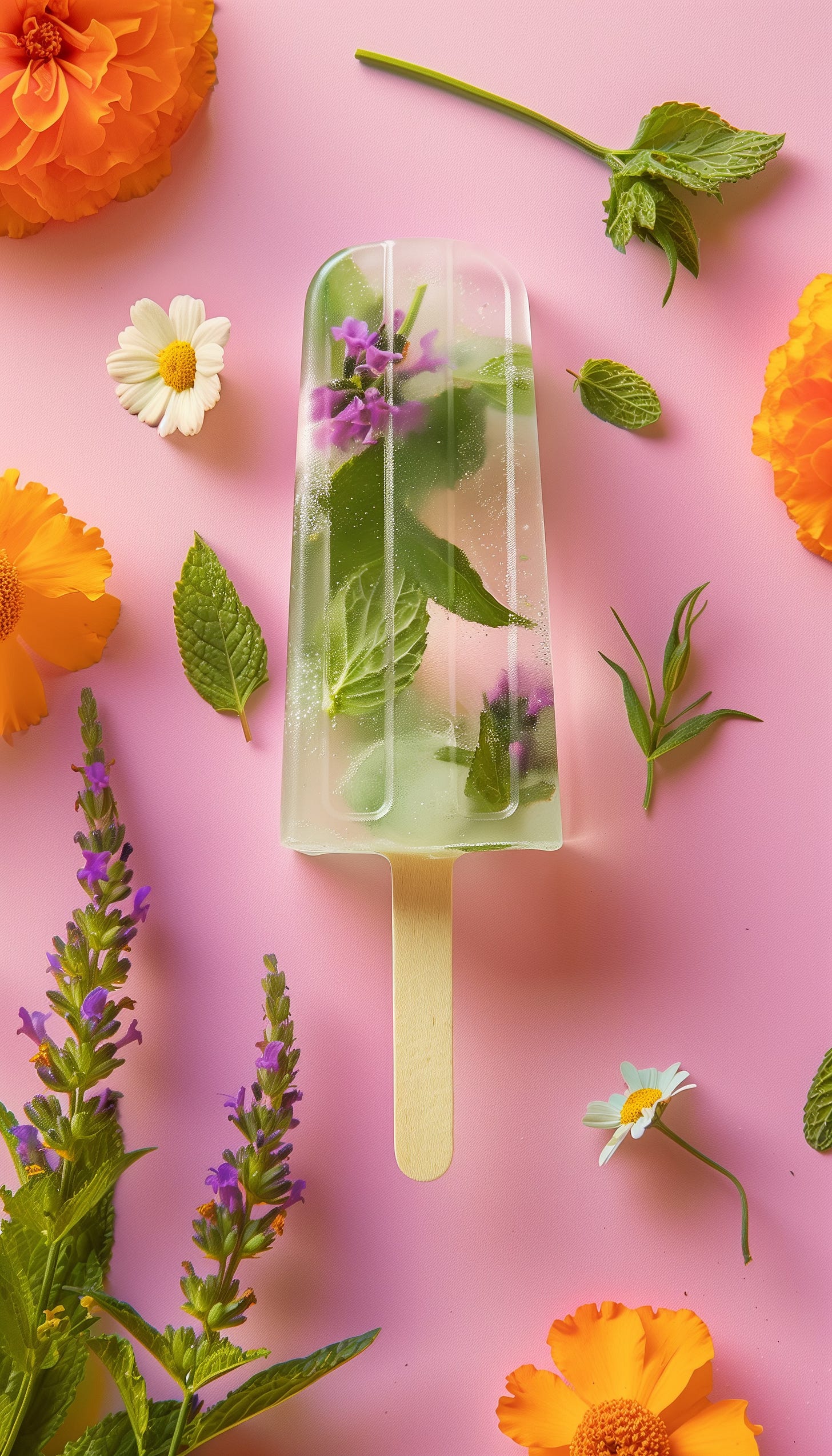Top 5 Plants to Repel Mosquitoes for Your Garden
Gardening isn't just about creating a beautiful space; it's also about creating a functional one. Certain plants can help keep pesky mosquitoes at bay while offering a myriad of other benefits. Here are the top 5 plants to repel mosquitoes, along with their cultural and historical significance.
1. Lavender
Mosquito Repellent: Lavender's strong scent masks the smell of carbon dioxide and lactic acid, which attract mosquitoes. Crushing the leaves and flowers releases oils that act as a natural mosquito deterrent.
Cultural and Historical Uses: Lavender has been used for centuries in perfumes, sachets, and to scent linens. It has calming properties and has been used in aromatherapy to reduce stress and improve sleep.
2. Citronella
Mosquito Repellent: Citronella is one of the most effective natural mosquito repellents. The oil extracted from its leaves is commonly used in candles, sprays, and lotions to ward off mosquitoes.
Cultural and Historical Uses: Originating from Asia, citronella has been used traditionally in medicine to treat parasites and inflammation. It is also used in various culinary dishes for its distinct flavor.
3. Marigold
Mosquito Repellent: Marigolds contain pyrethrum, a compound used in many insect repellents. Their strong odor is unpleasant to mosquitoes, making them an excellent choice for garden borders.
Cultural and Historical Uses: In many cultures, marigolds symbolize the sun and are used in festivals and religious ceremonies. They are also known for their ability to improve soil health and repel other garden pests.
4. Basil
Mosquito Repellent: Basil emits a strong aroma that mosquitoes find unappealing. The essential oils in basil leaves contain compounds like estragole and linalool, which are natural mosquito repellents.
Cultural and Historical Uses: Basil has been revered in many cultures for its medicinal properties and culinary uses. In Hindu tradition, it is considered a sacred plant. Basil is a staple in many cuisines, especially Italian and Thai.
5. Peppermint
Mosquito Repellent: The strong scent of peppermint leaves is a natural deterrent to mosquitoes. The menthol in peppermint leaves has insecticidal properties that repel mosquitoes and other pests.
Cultural and Historical Uses: Peppermint has been used medicinally for its digestive and respiratory benefits. It is also widely used in candies, teas, and as a flavoring in various dishes.
Mint Lavender Tea Popsicles Recipe
Mint and lavender together create a refreshing and calming treat that is perfect for hot summer days.
Ingredients:
1 cup fresh peppermint leaves
1 cup fresh lavender flowers
4 cups water
1/4 cup honey (optional)
1/2 lemon, juiced
Instructions:
Prepare the Tea: Bring the water to a boil. Remove from heat and add the peppermint leaves and lavender flowers. Let it steep for about 10 minutes.
Sweeten the Tea: Strain the leaves and flowers, and add honey to the tea while it's still warm, if desired. Stir until the honey is completely dissolved.
Add Lemon Juice: Add the lemon juice to the tea and mix well.
Pour into Molds: Allow the tea to cool to room temperature, then pour it into popsicle molds.
Freeze: Place the molds in the freezer for at least 4 hours, or until completely frozen.
Enjoy: Once frozen, remove the popsicles from the molds and enjoy your refreshing mint lavender tea popsicles.
These popsicles are perfect for a hot day and a great way to enjoy the benefits of peppermint from your garden. Happy gardening and stay mosquito-free!










